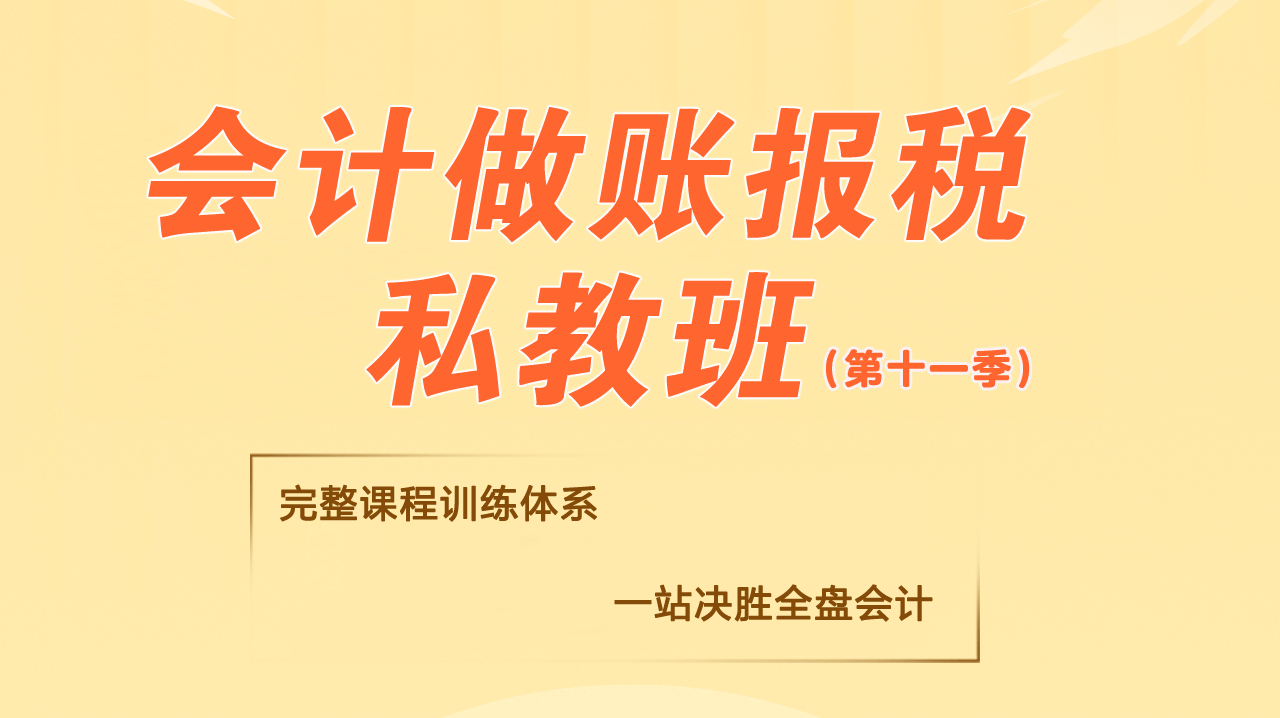货币的职能
Anything which performs the functions of money is monoy. Money's essential characteristic is that it is generally acceptable. When people generally refuse to accept something as money, it is not money.
任何有货币功能的商品就是货币。货币的基本特征是它被普遍接受。当人们普遍拒绝接受某种商品作为货币时,它就不是货币。
We can identify four important functions by money. First, money serves as a medium of exchange. Money simplifies the exchange of goods by providing a mutually acceptable item for exchange. Second, money provides a measure of value. Money provides a convenient yardstick by which to express the value of other goods. Third,money acts as a store of value. Money provides a neat, orderly form of wealth that may be temporarily held before it is spent on services or consumption goods. Fourth, money as a standard of deferred payments performs the function of establishing a future value or obligation in definitive terms.
货币有四大职能。第一,货币充当一种交易双方都愿意接受的媒介物,简化了商品交换,执行流通手段职能。第二,货币作为一种价值标准,可用来表现商品的价值,并能够衡量商品价值量的大小,执行价值尺度职能。第三,货币在支付劳务或消费品之前,被当作一般财富储藏起来,执行储藏手段职能。第四,货币用来表现商品的未来价值,或明确债权债务关系,执行支付手段职能。
The ideal money is something universally acceptable, easily stored and transported, and highly divisible. Precious metals have commonly been used as money for these reasons. The intrinsic value of gold and silver, the ease with which they can be carried, and the simplicity of weighing out any desired amount have promoted the use of these commodities.
理想的货币是被普遍接受的一般等价物,便于储藏和携带,而且易于分割。贵金属由于具备了这些条件,所以一直在充当货币。金银本身的内在价值,携带方便、计量简捷,使之从众多商品中分离出来成为货币。



